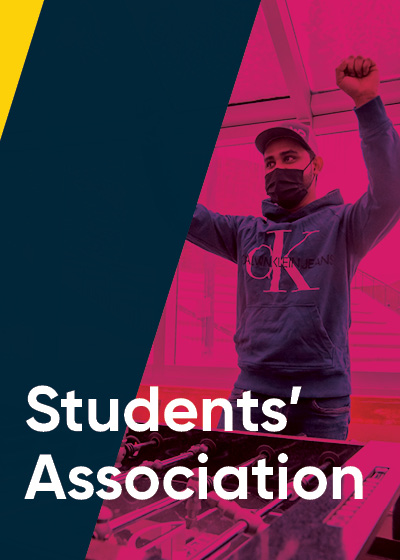To give you the best online experience we may use cookies or similar technologies, and by continuing to use our website you consent to their use
Main Menu
Programs
Admissions
Services
Student Life
Academic Schedule
May 01, 2024
May 03, 2024
May 06, 2024
May 10, 2024
May 15, 2024
Continuing Education
Theatre
Upcoming Events
Feb 15, 2024
Apr 25, 2024
May 01, 2024
May 03, 2024













